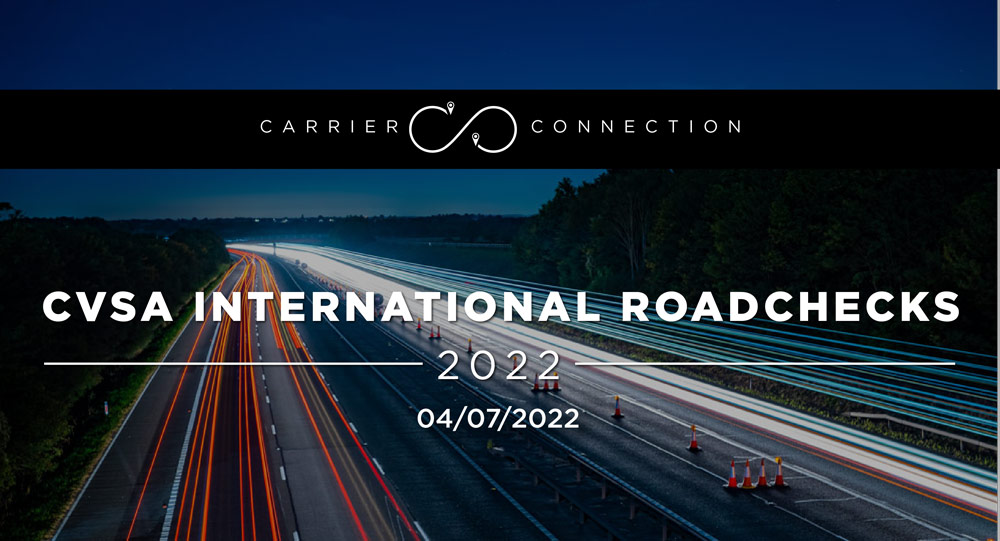It’s that special time of year: The sun is starting to rise with you, the winter ice is melting, and the CVSA is making their big debut. From May 17-19, CVSA International Roadchecks are back.
You know the drill: Every year, the CVSA conducts a massive series of random stops in the United States, Mexico, and Canada. This year, the focus is all about wheel ends.
To give you an idea of just how impactful these inspections can be, check out just a few stats from the 2021 roadcheck:
- 23,135 level I inspections were administered.
- Of those 23,135 inspections, 5,048 vehicles failed. That’s 21.8% of all vehicles inspected!
- Taken a step further, 1 in 5 vehicles inspected were removed.
That’s a huge number of trucks having to take an involuntary coffee break.
Because we care about your safety AND your time, we’ve assembled a list of tips to help you know what to expect in a roadcheck, and what you can do now to prepare.
Know the signs of damaged wheel ends
Though inspections may be inconvenient, damaged wheel ends are dangerous: The National Transportation Safety Board estimates that 750 to 1,050 wheel separations occur every year.
To prevent a disaster, here’s what to look for in damaged wheel ends:
- Dried lube in the hub caps or wheel cavity.
- Metal dusting in lube, hub caps, or bearings.
- Discoloration from heat on the bearings.
- Wear on the bearing’s surface.
- Flaking littered across races or roller bodies.
- Dents on rollers or races.
- Signs of the cups or cones spinning or turning. Look for grooves on the cone backface, spindle or bore.
If evidence of any of the above is discovered, consider replacing not only the affected part, but also devices near it. Further damage can be created if imperfections in only one device are replaced.
Know what the CVSA is looking for
Consider this your cheat-sheet for what the CVSA is most likely to examine in your inspection.
Here’s what you can expect:
- Hub cap sight glass that may be burnt or even discolored.
- Low levels of lube in a hub cap sight glass.
- Lube leakage on either the inboard or outboard sides of the wheel hub.
- Excessive tire wear.
- Overheated hub cap.
Of course, wheel ends are just the focus of this year’s roadcheck, but they’re not the only thing being inspected. If you’d like to go the extra mile this year (or at least stay on the road), here are some of the common reasons for an inspection fail in year’s previous:
| Category | Number | Percentage |
| Brake Systems | 2,151 | 25.9% |
| Tires | 1,643 | 19.8% |
| Lights | 1,163 | 14.0% |
| Brake Adjustment | 1,051 | 12.7% |
| Cargo Securement | 956 | 11.5% |
As you’re preparing for this year’s roadcheck, don’t discount the most important preventative: maintenance. If you haven’t already, be sure to schedule a maintenance run with your favorite provider before roadchecks.
If you need help finding a maintenance provider along your route, we can help. Contact us at 800-848-7810 to reach an account manager.
—
The England Carrier Services (ECS) division offers various services for carriers ranging from maintenance to support. As ECS members, carriers have access to nationwide discounts on fuel and tires from dedicated team members committed to finding the best price. ECS also provides factoring services with benefits such as same-day funding to a bank account or fuel card. These options allow carriers the freedom to focus on growing their business while saving time and money.



